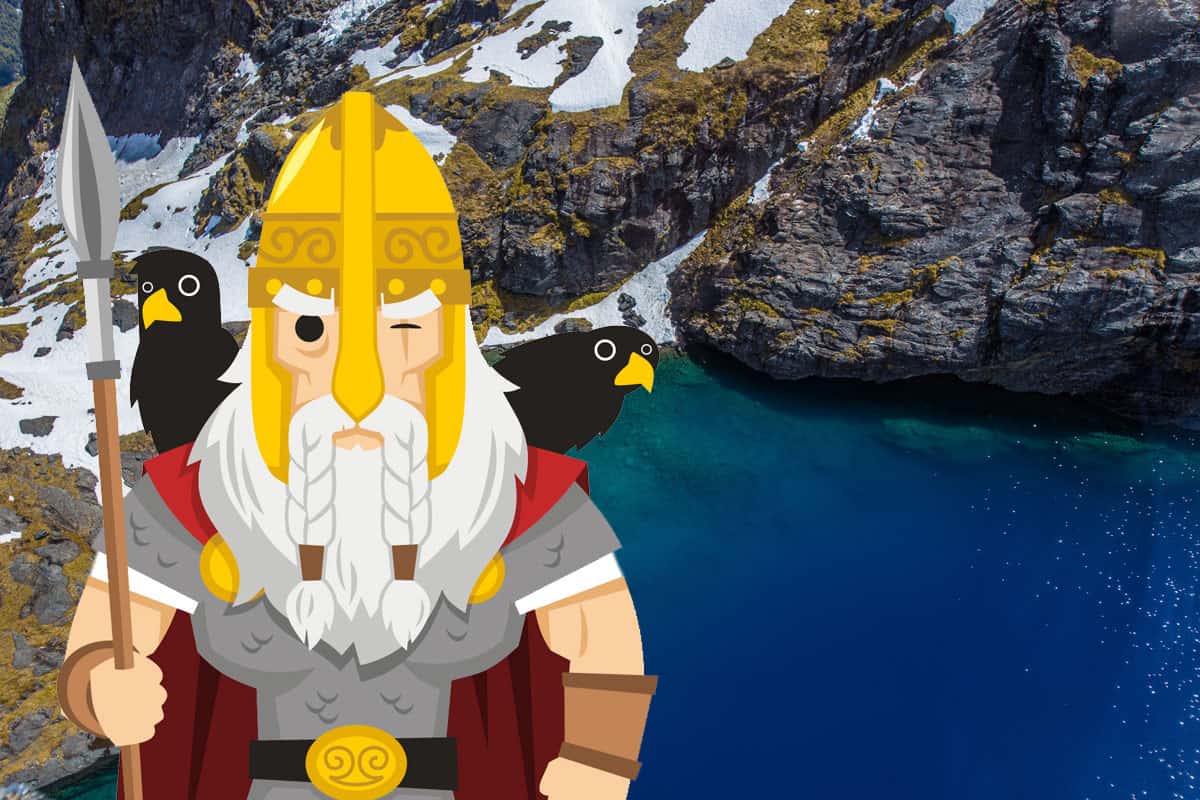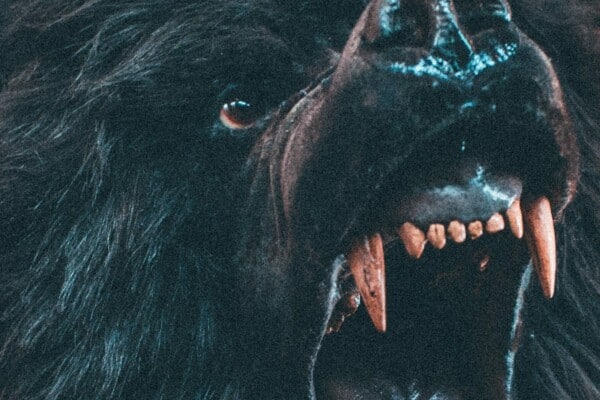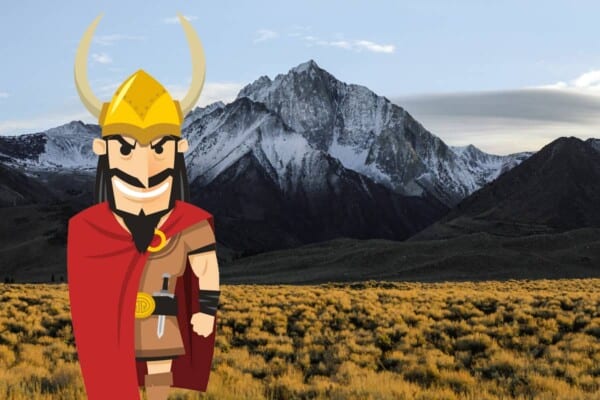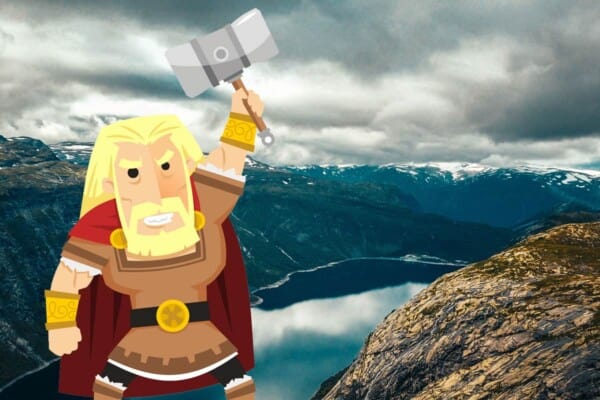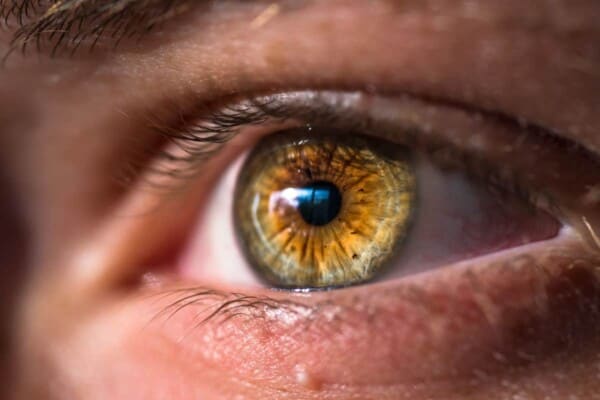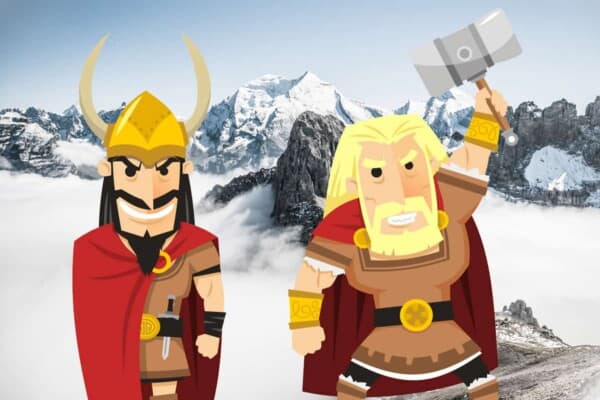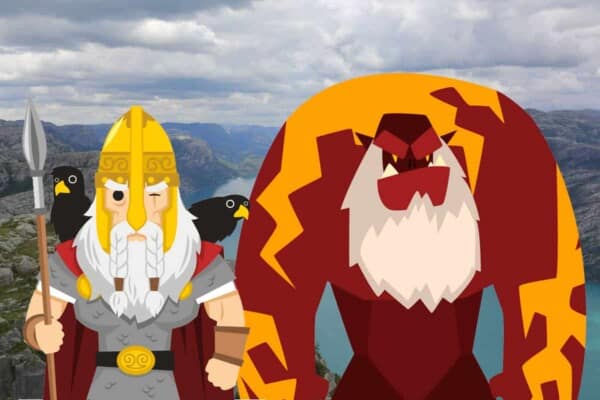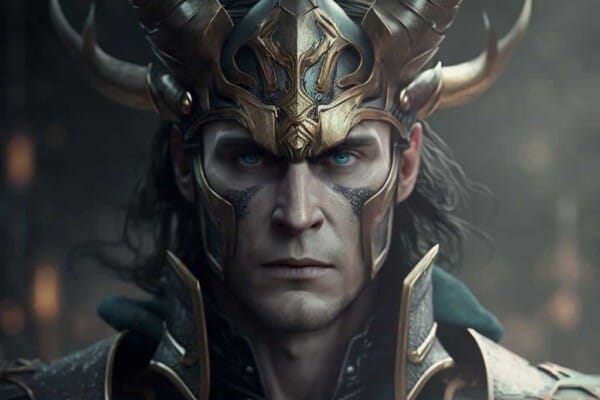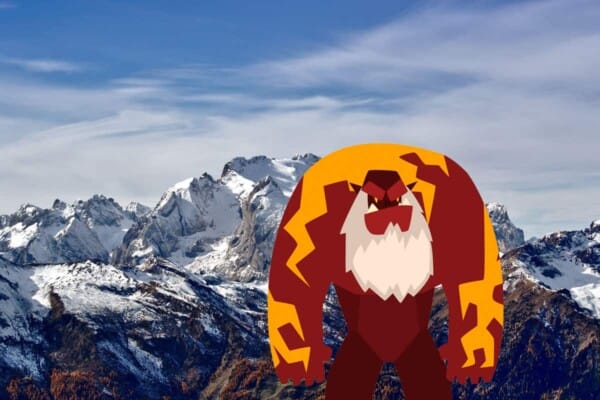Have the Norse gods entertained you recently? They are popular in TV series, movies, novels, and comic books. What you’ve seen may have made you curious as to what Odin’s character is like—if he is good or evil—and how he fits into this mythical universe.
Odin is neither thoroughly evil nor entirely good, but rather a complex combination of the two. As a chief god, he is a creator, a murderer, a warmonger, a necromancer, and a seeker of knowledge and poetry.
This article will explore some of the contrasting elements of Odin’s character. So let’s get started.
Odin Committed Murder To Create the World
In the creation myth of the Norse, Odin and his two brothers murdered the giant Ymir.
Then they used the giant’s flesh to make the earth, his blood to make the oceans, his skull to make the sky, and finally, his bones to make the mountains. Next, the three brothers used two trees to create humans.
Odin also fathered many of the other gods.
The God of War & Death
As the god of war, Odin could start wars among humans by throwing his spear. He also had other gods start wars. According to one story, he demanded the goddess Freya start an endless war between two kings before returning a necklace to her.
The god Loki stole that from Freya at Odin’s request.
Odin could also speak to the dead and reanimate them. Able to decide who won and lost battles, Odin chose certain fallen heroes to feast with him in Valhalla and become part of his army of the dead for the final battle of Ragnarok.
He also brought the decapitated head of the Mimir, the wisest of the gods, back to life for consultation.
Odin’s Pursuit of Knowledge and Poetry
Odin’s quest for knowledge was relentless. He had to sacrifice one of his eyes to get a drink from the well of wisdom, which helped him become the wisest god.
There is another story about Odin hanging himself from the mythical tree of life for nine days. At the same time, he stabbed himself with his spear. These actions gained him the knowledge of the ancient runes.
Later, he shared this runic knowledge with humans.
After Odin heard about the mead of poetry, he became obsessed with drinking it. Anyone who drank this magical beverage was given the gift of poetry and knowledge. So the chief god had to have it.
First, he tried to trick the giant who owned it into giving him a sip. When that didn’t work, he resorted to sorcery and theft.
When Odin finally stole the elixir and flew home, the giant was hot on his trail. To stop the pursuit, Odin shot a small amount of the mead out of his backside. Since then, failed poets are said to have sipped from this back-end portion.
The other gods prepared the rest of the mead and poured it into vats. Odin shared some with the great poets of humankind.
Final Thoughts
Those who created Norse mythology tried to explain their own complex and difficult world. Their gods reflected both the darkness and the glory of human experience and peoples’ attempt to create order out of chaos.
Odin exemplifies this complex universe as both creator/murderer and god of war/death. He also relentlessly pursued knowledge and poetry.

